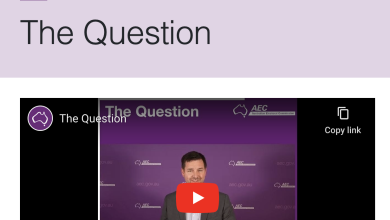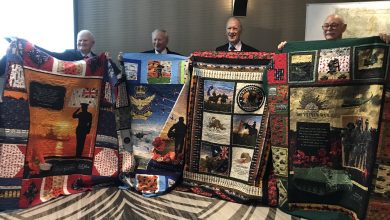The diagnosis came out of the blue. It was a cancer he was too busy to get. He didn’t have a family history of bowel cancer but he did have symptoms.
He had tell-tail blood specks in his stools and he felt continually uncomfortable. After much nagging he did go to his GP who immediately referred him to a specialist.
David was assistant production editor on the Sunday Telegraph and so was really busy, it wasn’t until 6 months later that he made an appointment to see the specialist.
The specialist didn’t seem unduly alarmed because of David’s lack of history and age but he organised a colonoscopy. Post procedure, David decided he would go to the appointment by himself.
I was at work and called David who was just leaving the specialist, as soon as he said hello I knew it wasn’t good news. Then he said the word cancer.
It’s that word you never want to hear, everything sort of stops, your mind freezes and you almost stop breathing. I remember just shaking and shaking. David underwent a bowel operation, a liver operation and chemotherapy. He also went on a drug trial.
We got used to waiting rooms and hospitals. David was given five weeks to live after the cancer invaded his liver. He was 51.
The year David was diagnosed, 2006, was the year that the National Bowel Cancer Screening Program started.
Bowel cancer screening can detect cancers at an earlier stage when treatment can be more successful. Bowel cancer kills more people in NSW than prostate cancer, breast cancer or melanoma but if detected early, bowel cancer can be successfully treated in more than 90 per cent of cases.
Please take the test. It came too late to save David’s life but it could save yours.
SAVING LIVES
Less than 40 per cent of eligible people take the free test as part of the National Bowel Cancer Screening Program despite the fact that more than 90 per cent of bowel cancers are treatable if caught early enough.
Almost 84,000 Australian lives could be saved if participation could be increased from 40 to 60 per cent.
Cancer Council NSW is urging eligible Australians to participate in the National Bowel Cancer Screening Program when their invitation or reminder letters arrive in the mail.
All Australians aged between 50 and 74 receive a free home testing kit from the Australian Government on or around their birthday.
Screening for bowel cancer involves a simple, at-home test called a faecal occult blood test (FOBT). This test looks for traces of blood in the poo which are invisible and could be a sign of a precancerous lesion or bowel cancer
If you have been sent a test and it has expired you can request a new one from the National Bowel Cancer Screening Program website or by calling 1800 118 868.
The risk of developing bowel cancer can be almost halved by eating more foods containing wholegrains and dietary fibre and dairy foods, eating less red and processed meat, being physically active, limiting alcohol, maintaining a healthy weight and not smoking




